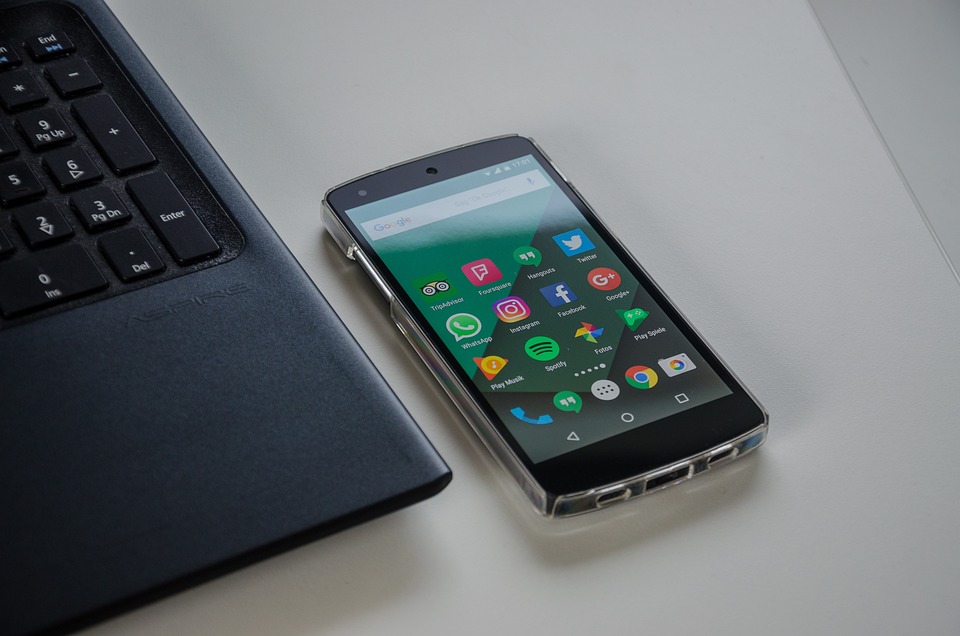The Rise and Impact of Social Media on Society
Social media has become an incredibly significant aspect of modern society. Platforms like Facebook, Instagram, Twitter, and LinkedIn have revolutionized the way we communicate, how we consume news, and how we interact with each other. Over the past few years, social media platforms have rapidly spread, and their impact is felt across all sectors of society. As we continue to spend more time on social media applications, it begs the question, what impact has social media had on society, and how has its rise affected our lives?
The rise of social media
Social media has grown tremendously in popularity over the last decade. In 2010, 970 million people worldwide were using social media platforms. By 2023, this number has increased to over 4.2 billion people. Social media platforms have become the go-to source for news, entertainment, and communication for people worldwide. Facebook alone has over 2.8 billion active users worldwide, and Instagram has over 1 billion. The rise of social media is undoubtedly one of the most significant revolutions in modern history, and it is disrupting traditional communication models.
Impact on communication
One of the most significant effects of social media on society has been the transformation of communication. Social media platforms have encouraged people to share their thoughts, opinions, and experiences with a broader audience than ever before. Communication has become more accessible, and it has dramatically reduced the barriers to entry for people to enter public discourse. Social media platforms have allowed people to connect with others more easily, irrespective of their physical location, and this has had long-term effects on our communication styles.
Impact on personal relationships
Social media has allowed us to maintain social connections with people from all over the world. It has also enabled us to form new relationships with people we would not have otherwise met. However, there are negative aspects to this newfound connectivity. Social media has disrupted traditional social norms and introduced new forms of social pressure. For example, the pressure to present a perfect life online can lead to exaggerated portrayals of people’s lives, resulting in an unrealistic representation of personal relationships.
Impact on news and information
Social media has fundamentally changed the way people consume and access news and information. News travels faster and is more easily accessible than ever before, but the reliability and accuracy of news sources have become increasingly unreliable. The rise of fake news and the spread of misinformation has had severe consequences on society, as it can lead to confusion, hysteria, and even violence.
Impact on mental health
Social media has been linked to a wide range of mental health issues, including depression, anxiety, and body dysmorphia. Social media platforms can foster feelings of isolation, inadequacy, and low self-esteem. Studies have shown that people who spend more time on social media are more vulnerable to anxiety and depression. Continuous exposure to people’s carefully curated lives online has negative effects on self-esteem and can also alter a person’s perception of reality.
Conclusion
Social media has impacted society in numerous ways, some good and some bad. Social media has revolutionized our communication, changed our relationships with each other, transformed the way we consume information, and changed our perception of reality. We must recognize the multiple ways social media affects us and ensure we use its powers for good. As we continue to navigate the ever-expanding world of social media, it is crucial to consider its impact on our lives continually.
FAQs
Q: Can social media lead to cyberbullying?
A: Yes. Social media has become a platform for cyberbullying, and this can have negative impacts on individuals’ mental health and self-worth.
Q: Does social media impact productivity?
A: Yes. The rise of social media has led to increased distraction, which can negatively impact productivity.
Q: What measures can be taken to reduce the spreading of misinformation on social media?
A: Providing education about how to spot and avoid misinformation, fact-checking before sharing content, and employing technology to detect and remove fake news are all effective means of addressing this issue.
Q: Can social media cause addiction?
A: Yes. Due to the endless feed of content available on social media, it is easy to become addicted to scrolling and checking notifications.
Q: Is it necessary to regulate social media?
A: Yes. As social media continues to grow, regulators must ensure that privacy, safety, and ethical issues are addressed to prevent negative impacts on society.





